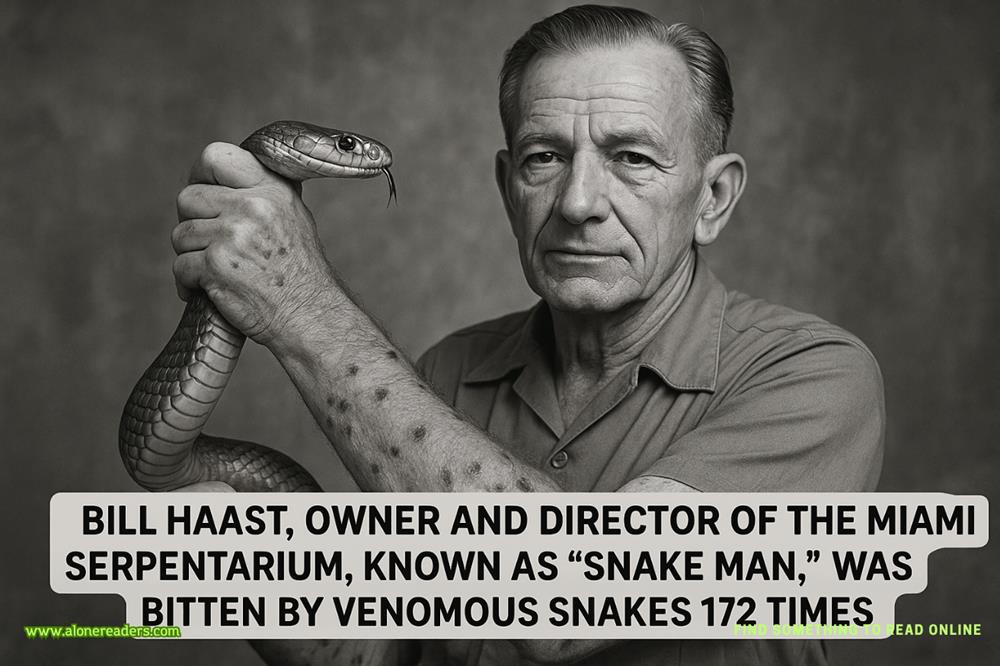Page 69 of Confounding Oaths
“The duel was ruined by witchcraft,” blustered the major, hand drifting to his spadroon as if he’d half a mind to demand a rematch there and then.
“And,” added the soft-voiced man, “you’d be well advised to hold your tongue.”
“Aren’t you planning to shoot me anyway?” Mr. Caesar asked over his shoulder.
The soft-voiced man nodded. “Eventually.”
“But first,” the major continued, “I need to be sure you know quite how misguided you have been.”
The only misguided thing Mr. Caesar felt he had done, and even that he hated to admit, was to leave the Folly in the dead of night. “If you mean hitting you, I regret only that I didn’t keep my wrist straighter.”
For a moment the gun moved away, and the soft-voiced man delivered Mr. Caesar a sharp clout to the back of the head that made his vision blur and his stomach lurch.
“You will learn,” the major said with the most measured tone Mr. Caesar had ever heard from him, “to respect your betters.”
“I am an earl’s grandson,” Mr. Caesar replied. “Socially, I outrank you.”
This was strictly untrue. Nobility did not travel far down the distaff line, and while Mr. Caesar’s direct connection to the Earl of Elmsley was advantageous it conveyed no formal honour on him.The major, however, was not especially interested in the details of the matter. “Iam an officer of His Majesty’s army.Youare the misbegotten whelp of a wilful harlot who—”
One of the many things I taught that bastard Will during our short acquaintance was the power of theyour motherjoke (he used it only once, inTitus Andronicus), and so I was very aware of both the efficacy and the artlessness of this particular barb.
Indeed it proved efficacious to the point of being counterproductive, for it so provoked Mr. Caesar that he rounded on Major Bloodworth in spite of the gun in his back and, since a quick death was not the reason he had been brought there, he did so without consequence. “My mother,” he said with an almost admirable boldness, “is an English gentlewoman and you will speak of her according to her station.”
“Come now, must we really stand on formalities here?” asked the soft-voiced man.
Latching on to debate partly as survival strategy and partly because he had always been an argumentative soul, Mr. Caesar replied, “It is not formality to defend one’s mother from insult.”
“True,” returned the soft-voiced man, “but I still think it a little pointless, given the circumstances.”
Perhaps because the repartee had evolved to a level he could no longer follow with his tiny human brain, the major was growing impatient. “Enough of this, take him to the water and shoot him.”
Mr. Caesar was further from the gunman now, but that just meant he had a better view of the pistol.
“I strongly suggest that you move,” the soft-voiced man suggested strongly.
With a resignation that substituted well for courage, Mr. Caesar smiled. “I’m comfortable where I am, thank you.”
Unfortunately, while bravado can take a man a certain distance,there does come a point where physical strength, fleetness of foot, or the capacity to transform into moonlight become far more important. The two robed men who had thus far taken little interest in proceedings seized him and dragged him towards the river. I, for my part, considered transforming into an aquatic being to watch from a better position, but decided in the end that invisible and airborne afforded greater opportunity. Besides, I thought I had seen something moving beneath the surface, and it troubled me.
Having no practical defence against the manhandling of ruffians, Mr. Caesar was dragged to the water’s edge and forced to his knees.
“Poseidon,” began the soft-voiced man, although that appellation was no longer quite so apt, for he spoke stridently now, and with a sorcerer’s confidence, “earth-shaker, averter of disasters, lord of horses, giver of safety—”
“Can youpleasejust get on with it?” interrupted the major. “You don’t have to say every single name of every single god.”
And for an instant, the pistol was withdrawn.
“We are not here for your vengeance,” replied the soft-voiced man. “We are here for the war, the king, and the gods, in that order.”
Mr. Caesar permitted himself to glance up at the major. “Still taking orders from other men, Bloodworth? You should come to one of my clubs, you’d be wildly popu—”
He got no further. And there was also, at around the same time, a gunshot. But for all I love to frame events in the most dramatic manner possible, I cannot quite—under the exacting terms of my oaths and bindings—pretend that the shot came before the interruption. Something swift and deadly reached up from the insalubrious waters of the Thames and dragged Mr. Caesar down and, if not away from danger, at least away from danger of shooting and into danger of drowning.
Now the man was fully submerged, I briefly reconsidered my plan to watch from above, but that was before I saw Captain James rise from the waters like a uniformed leviathan, seize the first of the soldier-cultists by his robes, and, in the most honoured tradition of the London-trained combatant, headbutt him.
The masked men being, by and large, the sort trained in the fencing salles of the ton rather than the streets of the rookeries, the attack caught the first of them entirely off guard, or at least sufficiently off guard that Captain James was able to capitalise by twisting a short blow into his gut and, when that drove the wind from him, wrenching him around into a human shield.
“I have a second pistol,” the soft-voiced man pointed out.















